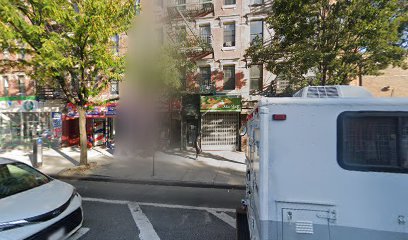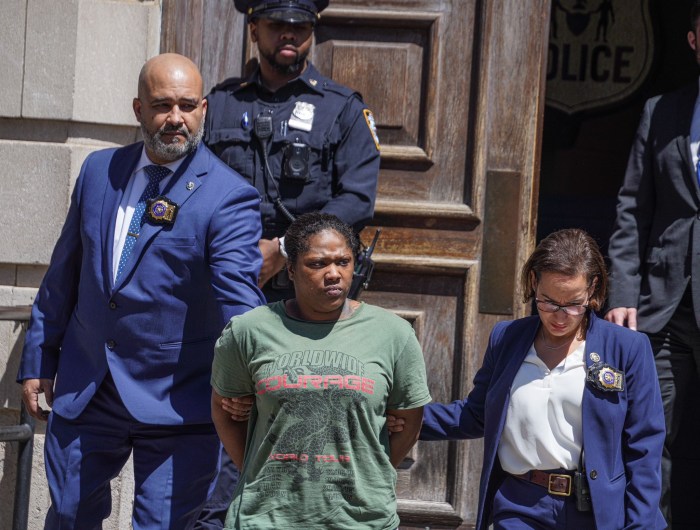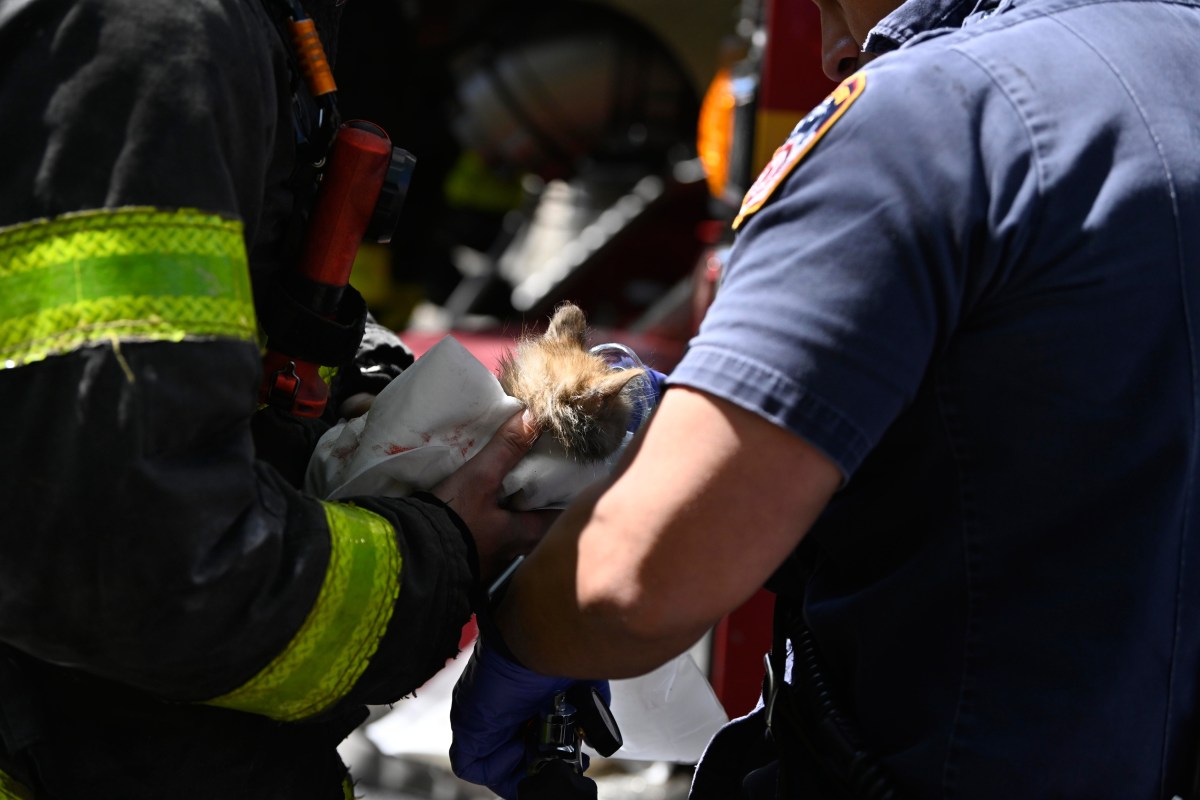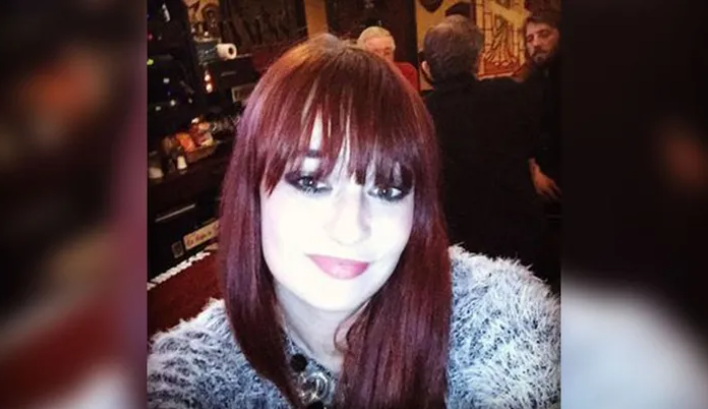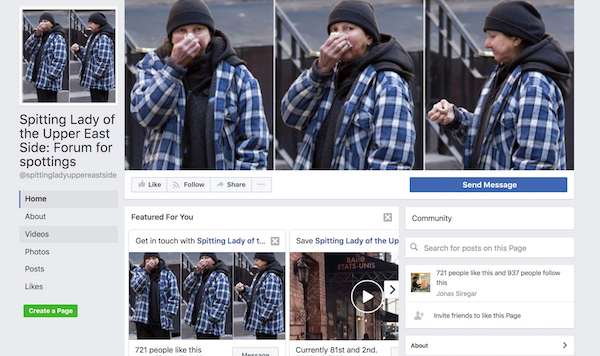
BY JACKSON CHEN | The infamous “Spitting Lady of the Upper East Side,” arrested on charges of endangering a child and stalking on March 30, was soon released and is back traversing the blocks of the East 70s and 80s. The women, identified by police as Hilda Del Valle Barrionuevo, 65, is said by residents cited in media reports to have spit on a seven-year-old child on three occasions — in June and December of 2016 and in January of this year.
According to the NYPD, Barrionuevo was arrested around 4:30 a.m. on March 30 in front of 328 East 78th Street. Barrionuevo is facing charges of stalking and “acting in a manner injurious to a child under 17.”
In a change.org petition organized by Upper East Side residents that has drawn more than 1,500 signatures, Barrionuevo is described as a neighborhood menace going back years as she strolls around an area roughly bounded by East 74th and 82nd Streets and First and Lexington Avenues. According to the petition, Barrionuevo wanders the streets, yelling and spitting at people on a daily basis.
Tired of inaction from authorities, neighbors banded together and formed a Facebook group, “Spitting Lady of the Upper East Side: Forum for spottings,” to keep track of her and garner more official attention. Media outlets picked up the story in late March and soon after she was arrested.
According to the New York Post and Daily News, she was carrying $19,133 in cash when arrested, but police wouldn’t confirm that when asked.
Police also said that Gabriel Uno, 44, was arrested and charged with menacing, reckless endangerment, and criminal possession of a weapon after an incident on March 18 where he threw a metal table at someone on East 81st Street. Police said they weren’t certain if there was any relationship between Uno and Barrionuevo, but conflicting media reports have identified Uno alternately as her son and nephew.
As early as April 1, neighbors posting on the Facebook forum noted sightings of the alleged spitting lady. The change.org petition, addressed to Mayor Bill de Blasio and City Councilmembers Dan Garodnick and Ben Kallos, charged that Barrio-nuevo had been released without bail and was continuing with her nuisance behavior. According to the Manhattan district attorney’s office, she was released without bail but is under “police supervision.”
Kallos is aware of the ongoing situation and said in a statement that his office has been in “constant consultation” with the NYPD and the Department of Homeless Services. According to the councilmember’s statement, Barrionuevo has in the past declined help from the 19th Precinct and the DHS. While making clear that spitting on someone should not be tolerated, Kallos expressed concern about the woman’s wellbeing.
For those who work with the homeless population, cases like Barrionuevo’s are peculiar and tough to address. Rob Byrnes, president of the East Midtown Partnership, said his organization offers homeless outreach services and often deals with people who are persistently on the streets. While Byrnes was familiar with the Barrionuevo story from reading media reports, he said he couldn’t offer any specific solutions because neither he nor his group has interacted with her. He did note, however, that the situation as described in the press is not the norm among homeless people he comes in contact with, many of whom try hard to stay out of other people’s way.
“Nobody would be talking about involving police if the spitting woman was staying quietly in a city bus shelter or atrium,” Byrnes said. “Instead, she’s a threat to public safety and quality of life.”
Byrnes said, in general, when someone presents a danger to themselves or others, it’s appropriate to get police involved. But, he added, police are not often called on to deal with homeless people, while there’s a whole city network of professionals equipped to handle the problems they encounter and present.
Barrionuevo’s case, Byrnes said, is a bit more complex.
“If you have someone like the spitting woman, you have a legitimate reason for the police to get involved,” he said. “And you have to meet the needs of her and her nephew. In this case, obviously a mental health need that goes beyond law enforcement.”
Susan Wiviott, the CEO of the Bridge, an East Harlem-based organization that provides supportive housing, substance abuse treatment, and mental health services, said she would recommend taking a step back in looking at the situation. While she and her group have not dealt personally with Barrionuevo, Wiviott said they have encountered similar cases where clients have either presented a threat or refused services.
“You have to get somebody’s trust, you don’t know what’s happened to somebody before,” Wiviott said. “There are many people with serious mental illnesses who have had very traumatic things happen in their life.”
Only hearing about Barrionuevo through the media, Wiviott said she sympathized with both her and the neighbors who say she’s been an ongoing nuisance. She added that while putting Barrionuevo in handcuffs wasn’t going to solve the problem, she understood the frustration and concerns of the residents who encounter her.
“I think what people fail to understand sometimes is how long it can take,” Wiviott said of the outreach process to engage recalcitrant homeless people. “It’s not like you sit somebody down in a chair in front of a psychiatrist and say take your medicine and get better. It can be a really, really long process that can take years.”
From her experience, the Bridge CEO said, it would be safe to assume service providers have repeatedly reached out to Barrionuevo. And if someone does present a danger to themselves or others, Wiviott said, service providers do involve police.
A long-term solution, however, is often complex and requires extensive work with the individual, she emphasized.
With Barrionuevo back on the streets and neighbors still demanding action in their Facebook group, it seems the problem has not been solved.
“When it comes to this kind of thing, the quick Band-Aid is the arrest,” Byrnes said. “But unless the problem is addressed, people are going to keep returning to those patterns.”
Barrioneuvo is due back in court on April 24, while Uno, at an April 4 appearance, had his case adjourned until May 31. Those administering the Facebook page on Barrionuevo sightings declined to comment on the developing situation.










